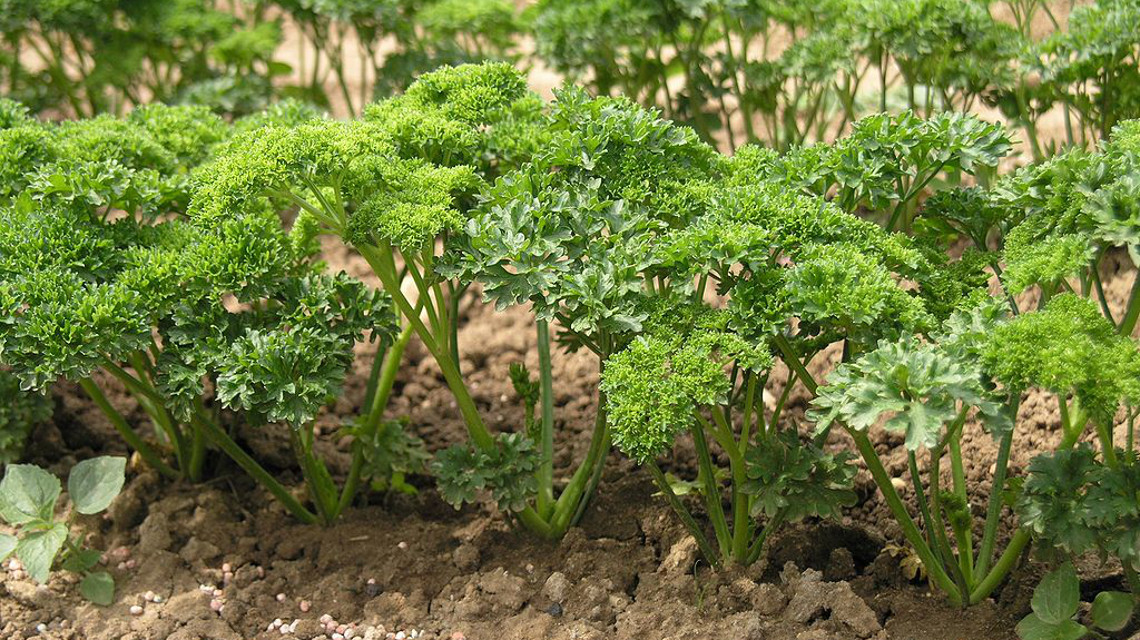New parsley virus discovered
Leibniz researchers from Braunschweig have identified a new pathogen from dwarf parsley plants that is responsible for blocking growth.

Parsley is one of the most popular culinary herbs. It is rich in essential oils and vitamin C and is ideally suited for refining salads and savoury dishes. But the herbaceous plant is currently causing gardeners problems: it will not grow. Plant virologists from the Leibniz Institute DSMZ - German Collection of Microorganisms and Cell Cultures GmbH in Braunschweig - have now found the cause.
New nanovirus disrupts parsley growth
As the team around Björn Krenz and Stephan Winter reports in the specialist journal "Archives of Virology", a virus is responsible for the so-called dwarfism of parsley, which previously infested legumes such as beans, peas or lentils in a similar way. The newly discovered virus is a pathogen that the researchers were able to classify as nanovirus using modern genome sequencing methods and assign to the nanoviridae family. "The host range of nanoviruses has thus expande," sums up plant virologist Björn Krenz.
Harvest losses feared
The new virus is called "parsley severe stunt-associated virus" (PSSaV). The researchers were able to isolate it from infected plants in a garden in Weddel, near Braunschweig. However, the pathogen can now also be found in other parts of Germany. The researchers fear that a further spread could lead to crop losses and thus economic losses.
bb/um


